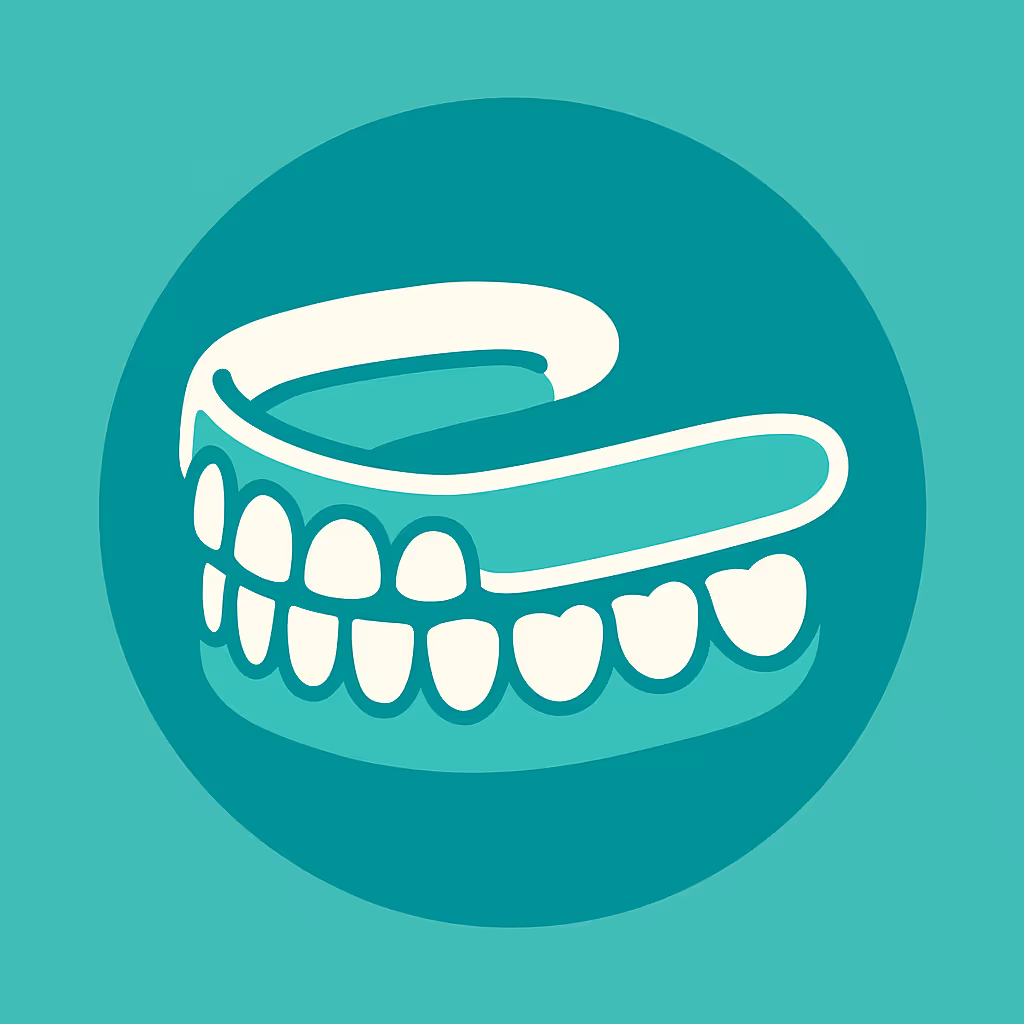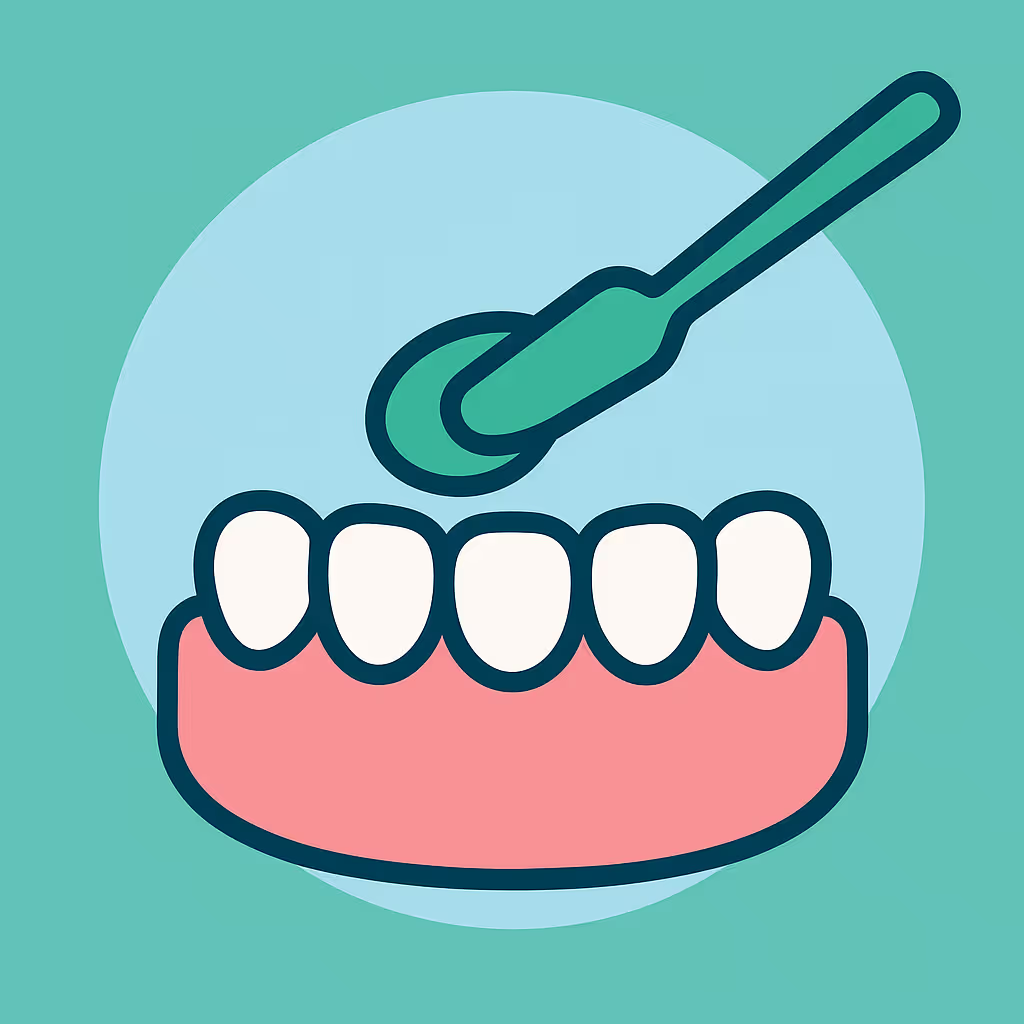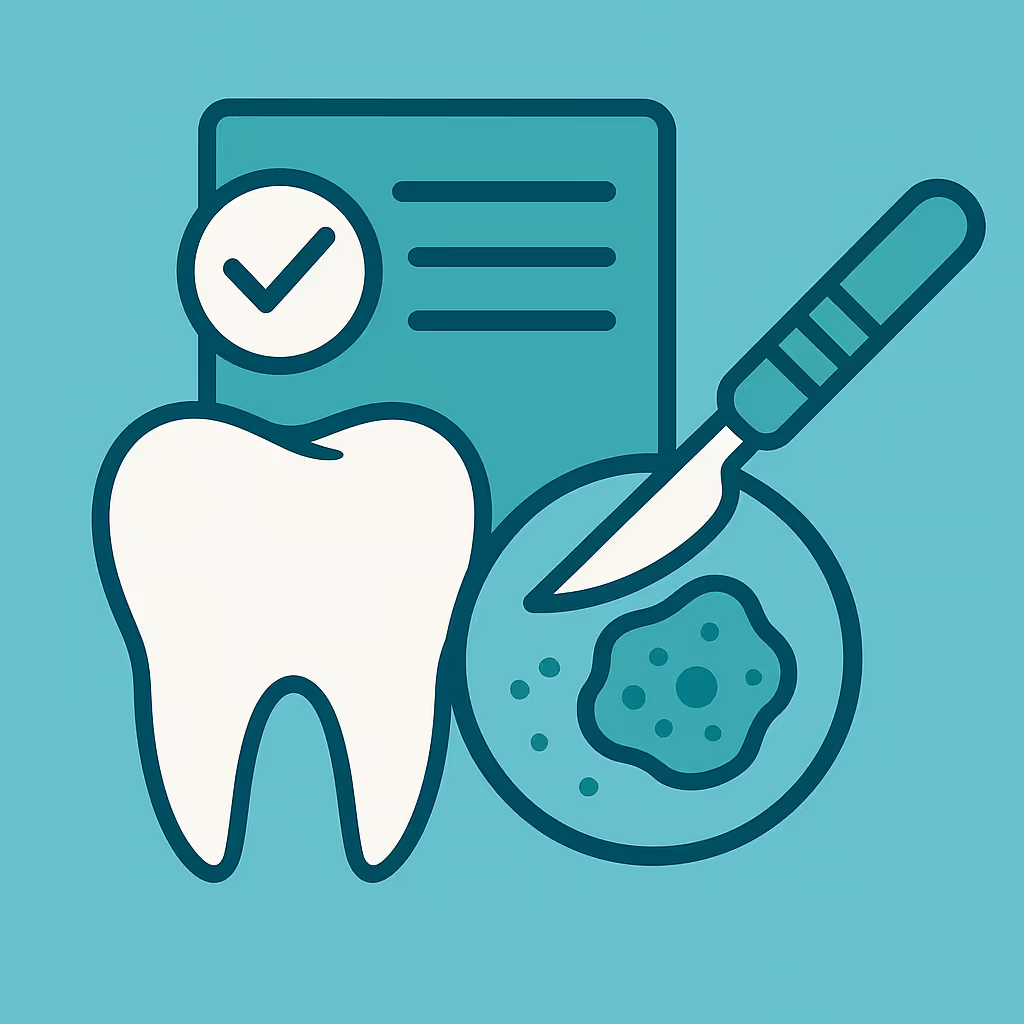Understanding Dental Code D0170
When to Use D0170 dental code
The D0170 dental code is designated for a "re-evaluation – limited, problem-focused (established patient; not post-operative visit)." This CDT code is used when an established patient returns to the office for assessment of a specific dental problem or to monitor a previously identified condition, outside of routine periodic or comprehensive evaluations. It is not intended for post-operative follow-ups (which typically use D0171), nor for routine exams. Common scenarios include evaluating the progress of a suspicious lesion, reassessing a failed restoration, or monitoring a condition that required observation rather than immediate treatment.
Documentation and Clinical Scenarios
Accurate documentation is essential when billing D0170. Your clinical notes should clearly state the reason for the re-evaluation, the findings, and any recommendations or changes to the treatment plan. Examples of appropriate scenarios include:
- Re-assessment of a previously identified oral lesion to determine if biopsy or further intervention is needed.
- Follow-up on a tooth with reversible pulpitis to see if symptoms have resolved or progressed.
- Evaluation of a restoration that was observed for marginal integrity or recurrent decay.
Be sure to include the patient's chief complaint, relevant history, clinical observations, and your professional assessment. This level of detail supports medical necessity and helps ensure claim approval.
Insurance Billing Tips
To maximize reimbursement and minimize denials when billing D0170, follow these best practices:
- Verify patient eligibility and frequency limitations for problem-focused evaluations before the appointment.
- Submit detailed clinical notes with the claim, emphasizing the specific problem addressed and why a re-evaluation was necessary.
- Avoid using D0170 for post-op visits or routine check-ups, as insurance carriers will likely deny these claims.
- If denied, appeal with supporting documentation such as radiographs, intraoral photos, and a narrative explaining the necessity of the re-evaluation.
- Monitor your accounts receivable (AR) for delayed EOBs and follow up promptly to resolve outstanding claims.
Staying proactive with insurance verification and documentation can significantly improve your practice’s revenue cycle management (RCM) and reduce claim rework.
Example Case for D0170
Consider a patient who presented with a white patch on the buccal mucosa during a routine exam. The dentist recommended observation and scheduled a re-evaluation in two weeks. At the follow-up, the dentist assessed changes in the lesion, documented findings, and determined whether further intervention was needed. The visit was billed using D0170, with clinical notes detailing the initial finding, the rationale for re-evaluation, and the outcome. This approach demonstrates correct use of the code and supports claim approval.
By understanding the appropriate use and documentation for D0170, dental teams can ensure accurate billing, reduce denials, and provide high-quality patient care.





